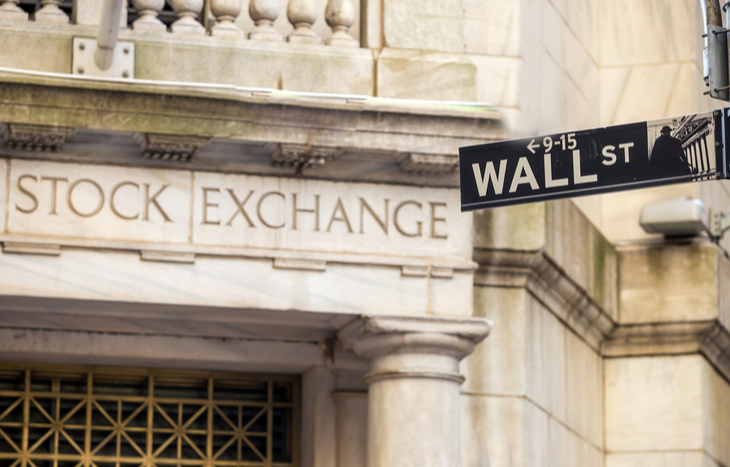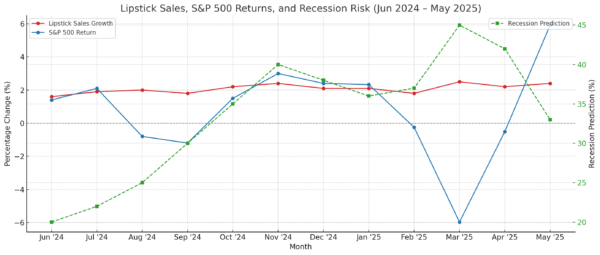What is an Exchange?
When you want to purchase investment securities, where do you go? Well, barring the opportunity to invest in something directly, most investors will go to an exchange. An exchange is a marketplace that brings together those seeking capital and those willing to give it. They facilitate fair and honest transactions between buyers and sellers, creating a fundamental platform for the safe exchange of capital.
As marketplaces, exchanges also serve a broader variety of roles. They facilitate the dissemination of price information about the financial products traded on them. In addition, they establish the criteria and guidelines for companies seeking to list their securities, to ensure transparency. In short, markets play a fundamental role in the fair, free and honest pursuit of investments.
There are many different ones all around the world, in every major developed country. In fact, the United States is home to some of the largest, as well as a number of regional stock exchanges. Here’s a look at the role they play and why domestic (and foreign) markets are critical pillars of the economy.

Major United States Stock Exchanges
There are currently 13 registered stock exchanges operating in the United States. Of them, three stand out as the largest and most prolific: NYSE, NASDAQ and AMEX. And, these markets are where most public companies choose to list because it’ll give them the largest exposure. It’s important to note that each has a different focus.
- New York Stock Exchange (NYSE). The United States’ oldest exchange, the NYSE is home to its oldest and largest companies. It’s an auction market, which means the NYSE processes bids and facilitates transactions based on those bids. NYSE trades stocks for around 2,800 companies.
- National Association of Securities Dealers (NASDAQ). A dealer exchange, NASDAQ operates via market makers who buy and sell on behalf of clients. It’s the world’s largest entirely electronic exchange. Home to more than 3,300 listings, it’s a very tech-heavy; it’s home to the world’s largest 100 publicly traded companies.
- American Stock Exchange (AMEX). As many as 800 small companies that can’t meet the stringent listing requirements of the NYSE or NASDAQ trade on the AMEX exchange. This exchange uses designated market makers to facilitate trades. NYSE actually acquired AMEX in 2008, and it’s now called NYSE American.
Additionally, whether a dealer exchange or an auction format, investors can come to these markets to buy and sell securities for many of the world’s largest companies. Therefore, they push even more capital into these markets, raising the liquidity of not only wealth in the United States, but wealth around the world.
Over-the-Counter
It’s important to realize not every stock has the ability to list on one of the major markets. For example, they might not meet listing requirements. However, these companies still need a way to access investor capital, and they often find it through Over-the-Counter (OTC) exchanges.
In fact, in the United States, OTC Markets Group operates OTC exchanges. Specifically, this marketplace is home to more than 10,000 securities, available through three different markets: OTCQX, OTCQB and Pink. In addition, it represents a marketplace with lower barrier to entry for companies and investors alike.
However, with ease of accessibility comes increased risk. And while OTC marketplaces house a wealth of reliable securities, there’s also a segment of companies at-risk for dubious behavior. Pump-and-dump traps, penny stock schemes and more can all rope investors in and leave them holding the bag for big losses. With this in mind, investors should tread lightly in OTC markets, knowing that companies aren’t held to the stringent listing standards as larger, more established markets.
Regional
Decades ago, regional companies listed on regional stock exchanges. And today, with the advent and ubiquitous implementation of digital trading, the need for regional stock exchanges has all but vanished. Nevertheless, they still serve a purpose as trading institutions for derivatives, ETFs, mutual funds and commodities. For example, here are a few regional exchanges that are still operational in the United States:
- Boston Stock Exchange (BSE)
- Chicago Board Options Exchange (CBOE)
- Chicago Stock Exchange (CHX)
- International Securities Exchange (ISE)
- National Stock Exchange (NSX)
Most importantly, these exchanges are no longer independent—they’re owned by either NYSE or NASDAQ in either an affiliative capacity or as a subsidiary. And most also go by different names now. For example, the Chicago Stock Exchange is now NYSE Chicago.
Foreign
Cumulatively, there are 60 different stock exchanges in the world—16 with a market capitalization of more than $1 trillion. For example, some of the world’s largest include:
- London Stock Exchange (XLON) (England)
- Euronext (XAMS, XBRU, XMSM, XLIS, XMIL, XOSL, XPAR) (European Union)
- Hong Kong Stock Exchange (XHKG) (China)
- Tokyo Stock Exchange (XYO) (Japan)
- Johannesburg Stock Exchange (XJSE) (Africa)
As is the case in the United States, companies from these countries all trade in markets where they’re located. Therefore, giving them access to investor capital and investors access to the wealth-building opportunities they offer.
Exchanges Make the Wealth Go Round
In conclusion, the primary purpose of exchanges is to bring investors and companies together in a safe marketplace. For instance, sometimes that marketplace is a physical location, like the floor of the New York Stock Exchange. Other times, it’s a virtual destination. Regardless, an exchange is a place where transactions take place freely and securities change hands with confidence. They’re pillars of a strong global economy that benefits from liquidity, transparency and activity. Without them, where else would investors go to buy and sell securities?
To discover daily stock picks, tips and trends, sign up for the Trade of the Day e-letter below. Every major developed country in the world has a stock market. And without them, public markets would cease to exist, not including direct trading networks and the risk that comes with them.





